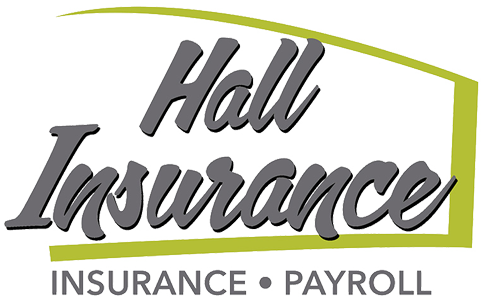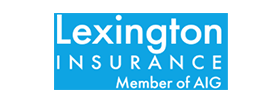At Hall Insurance in Panama City Beach, FL, we understand that some standard insurance terms on a home insurance policy can be confusing. We’re here to help. A common question we receive is about the difference between replacement cost and actual cash value (ACV).
A home insurance policy reimburses you for property damage during a covered peril in two ways: replacement cost and actual cash value.
Understanding Replacement Cost
When you purchase a home insurance policy and opt for compensation on a replacement cost basis, you’re asking for the funds needed to replace or repair your property based on current market prices. This coverage provides the full costs to replace your damaged items without a deduction for depreciation.
Defining Actual Cash Value (ACV)
Actual Cash Value (ACV) coverage reimburses you for damaged property after a covered peril. However, the item’s ACV depreciates due to factors like age, wear, and tear.
Key Differences Between Replacement Cost and ACV
Here are some notable differences between replacement cost and ACV on a home insurance policy:
- Cost of premiums: ACV is often less expensive than a replacement cost reimbursement home policy.
- Out-of-pocket costs: Replacement costs, though higher in premiums, may often cost you less out of pocket to restore your home.
- Age of personal property: If your personal property is older, replacement costs should ultimately save you more money. However, if most of your home’s property is newer, ACV may not be an issue.
Get in Touch Today!
Call Hall Insurance in Panama City Beach, FL, at (850) 234-2434 for more information about replacement cost and actual cash value coverages and to determine which is best for your home insurance policy.



















